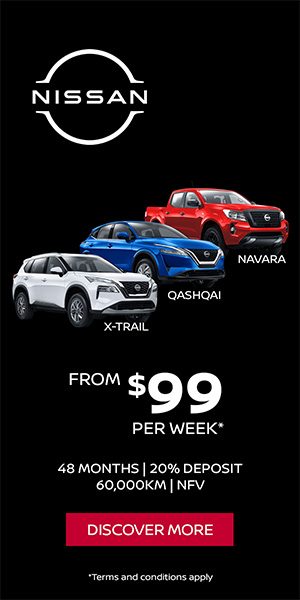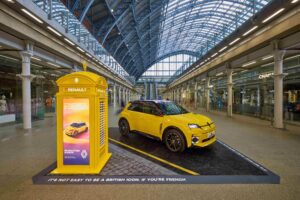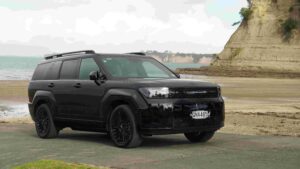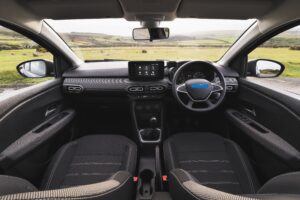PRESS RELEASE
OPSM Research reveals Kiwi drivers are prioritising snacks over safety when embarking on road trips.
Research released by OPSM reveals that despite the fact that six out of seven New Zealanders are planning to take a long road trip this year, over 95% of drivers do not consider the risks associated with having vision issues before embarking on their journeys.
The report, which was commissioned by OPSM, surveyed 1,028 drivers and riders from both capital city and regional areas in New Zealand, and forms part of a broader campaign launched by OPSM to encourage road users to get regular eye checks before taking to the road.
With many families planning their long-weekend getaways, OPSM is taking the lead in New Zealand to promote good vision for safer roads. This follows a strong call to action from the United Nations (UN) to halve the number of road deaths and injuries globally by 2030.
Director of Eyecare and Community at OPSM, Peter Murphy, said: “Holidays are a popular time to get away with family and friends, but drivers need to take every precaution to ensure they get to their destination safely. This campaign encourages road users to get their eyes checked at their local OPSM store before hitting the road to ensure a safe travel experience for all road users.”
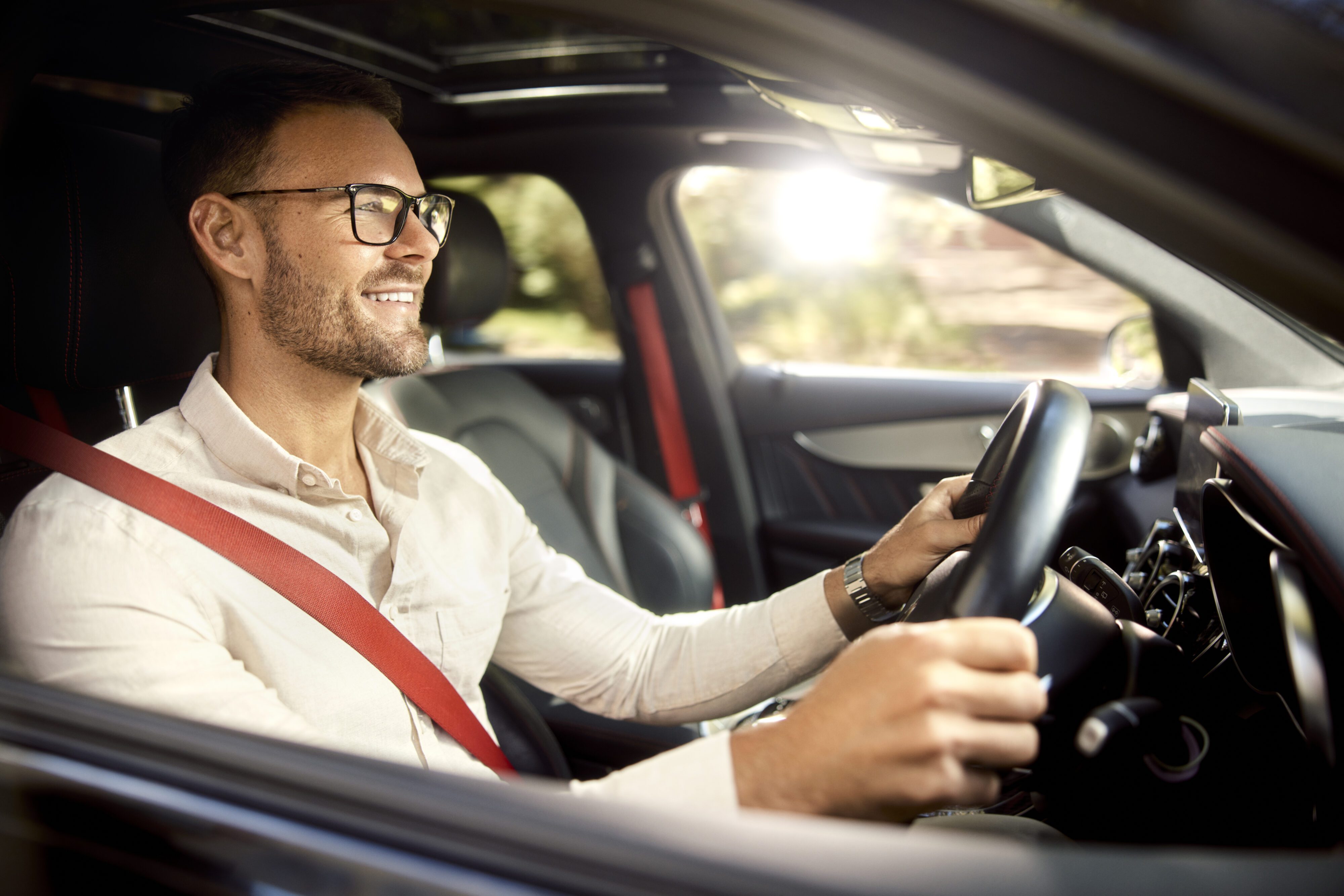
“Eye tests play a huge part in making sure your eyes stay healthy. At OPSM, we encourage New Zealanders to get their eyes checked at least every two years and if you’re a Medicare card holder, eye tests can be bulk billed. Eye tests help identify vision changes such as whether you need to start wearing glasses or make a change to an existing prescription. Testing early and testing often is the most effective way to detect any early warning signs and maintain good eye health”, Murphy said.
Addressing the UN’s appeal for safer roads, OPSM is working with several public institutions including VTNZ and Essilor Luxottica. VTNZ Country Manager Greg O’Connor says “having correct vision when driving is as important to driver safety as getting a Warrant of Fitness for their vehicle. The research carried out by OPSM clearly shows that this is an area that needs to be promoted, particularly in light of the long weekends coming up and increased traffic on our roads.”
The research provides new insights into the priorities of drivers before embarking on long road trips.
Checking tyre pressure (68%), assessing the weather of the destination (68%), topping up vehicle fluids (67%) and choosing appropriate snacks and beverages (66%) were considered greater priorities among road users over getting their eyes tested (4%).
Males are twice as likely to get their eyes checked as 6% said they would consider it, compared to 3% of females. The younger generations also appear to be more concerned with eye health as 8% of Gen Z and 7% of Millennials would consider an eye test, compared to 2% of Gen X and Baby Boomers.

On long road trips, just a third of drivers know to rest their eyes to avoid fatigue despite 61% of drivers being annoyed by visual fatigue when driving. Gen Z reported to be the most annoyed by visual fatigue (78%). Over 90% of New Zealand drivers are annoyed by the headlight glare when driving at night and 90% of drivers are annoyed by glare from natural sunlight.
Despite 49% of New Zealand drivers are noted to have no diagnosed eye issues, a staggering 83% of drivers admit their vision isn’t perfect while an additional 44% of drivers feel anxious about getting their eyes checked before applying for their licence.
Even with experiencing the most visual fatigue while driving (78%), Gen Zs in particular delay getting their eyes checked, with three in five respondents stating they feel anxious about getting an eye test. Whereas millennials, Gen X and Baby Boomers are more likely to prioritise their eye health.
Despite over a third of New Zealand drivers not feeling confident driving at night because of their vision, only one in six regular road users are highly interested in buying a dedicated pair of corrective glasses to improve vision for specific situations, including night driving.
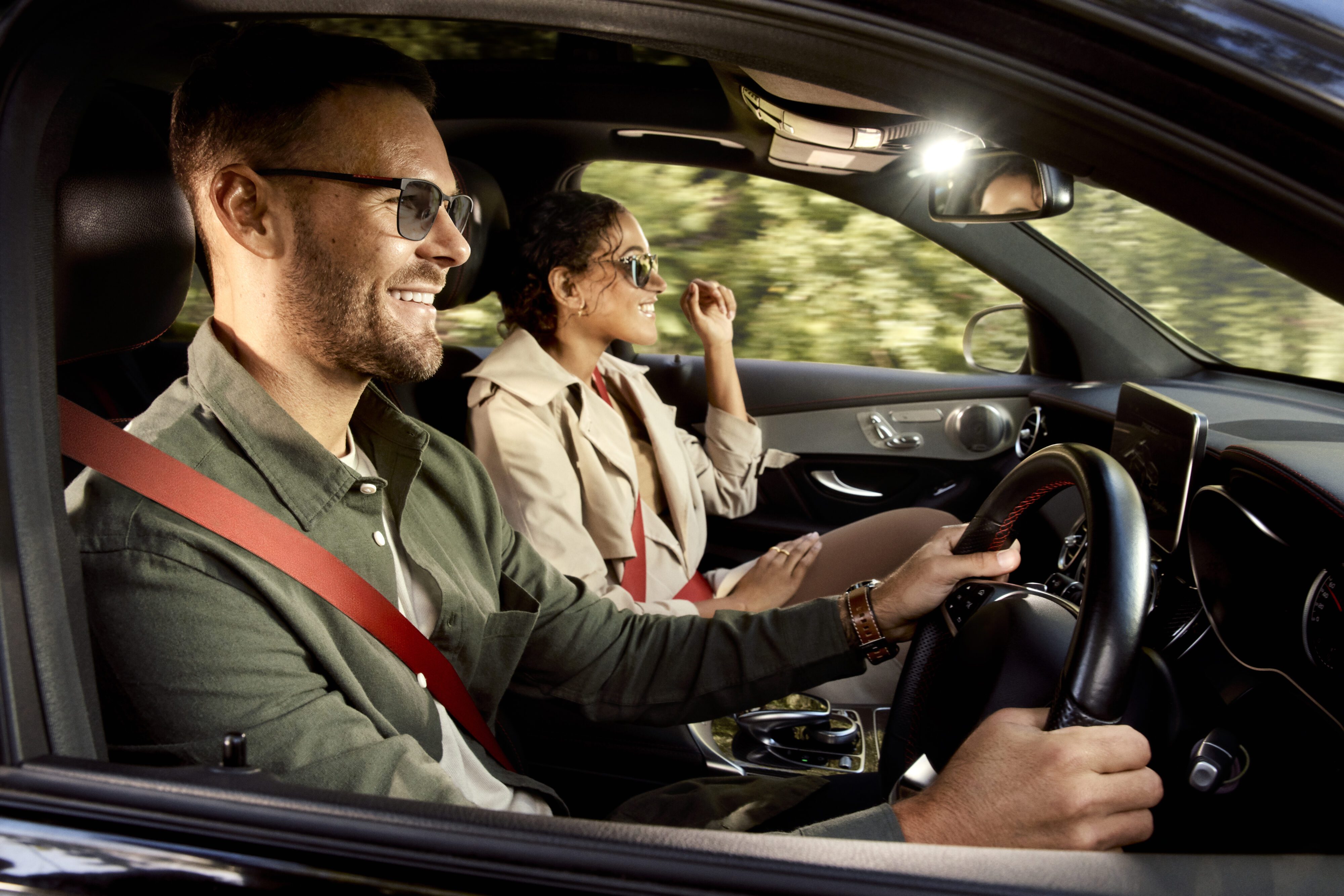
More than half of regular motorcycle riders believe vision problems prevent them from feeling confident while riding at night and a third of drivers consider their vision is preventing them from driving in full safety at night. Whereas, only 12% of road users say their vision is stopping them from driving during daylight hours. Confidence appears to increase with age in regular drivers during the day, with Baby Boomers feeling the most confident (98%), followed by Gen X (97%), Millennials (93%) and Gen Z at 86%.
Regular eye checks give eye specialists a chance to help patients adapt to vision changes and provide them with tips on caring for their eyes. An eye test can take as little as 20 minutes or more depending on the individual requirements of the patient.

